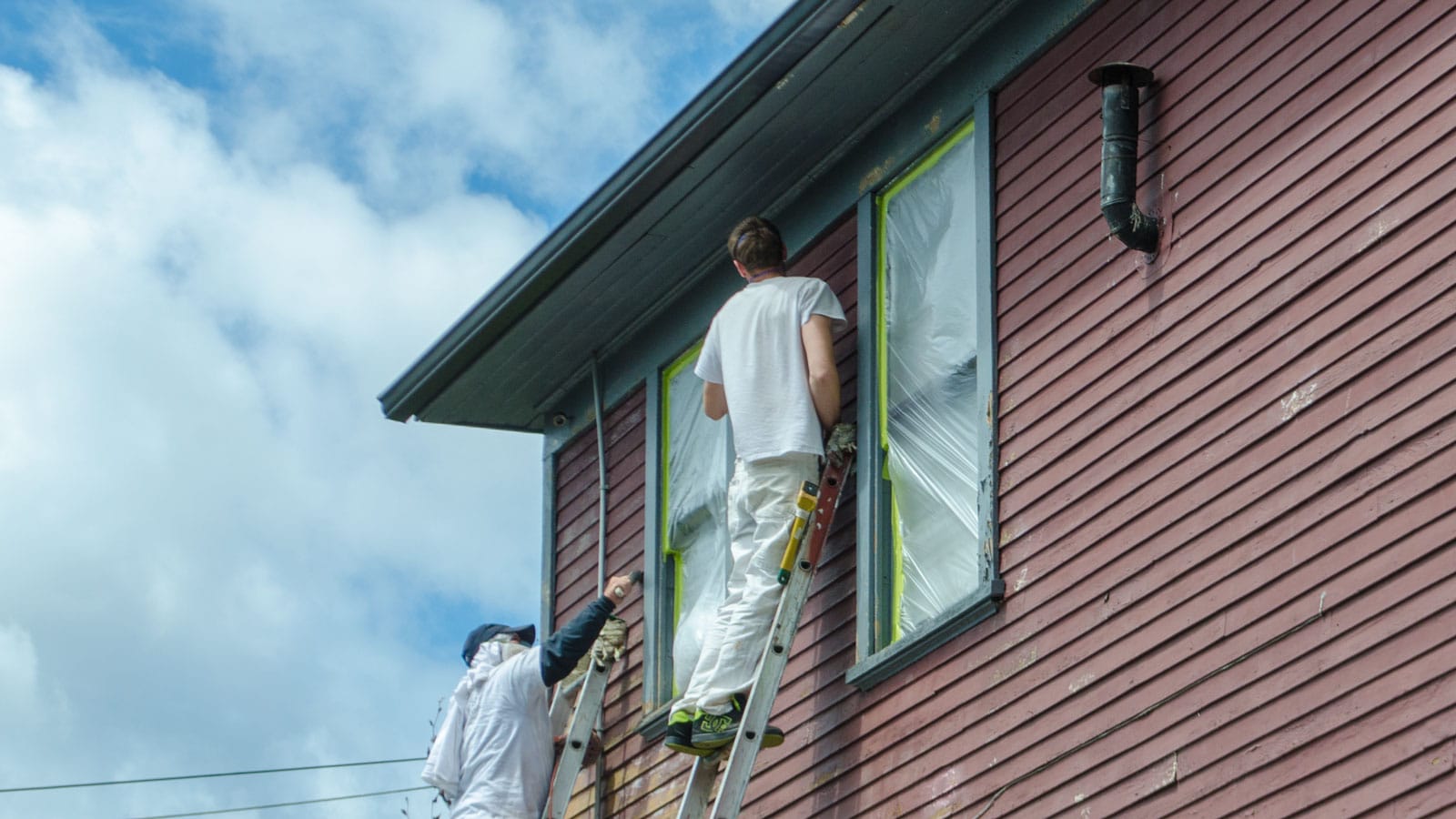MAINTENANCE &
POST PLANNING
A long-term plan is only the start. Keep your plan alive: don’t forget maintenance and good record-keeping.

Maintenance & Post Planning
How you use your asset management plan will depend on your
- to meet Core Management standards
- to meet CMHC or BC Housing requirements
- to decide what capital work to do each year
- to make budgeting decisions (operating and capital)
- to make decisions about contributions to the replacement reserve fund
- to make informed investment decisions
If your co-op has adopted an AMP, review your AMP each year. Consider how you’ll schedule the capital works anticipated for the current and next years and be sure to track what work is actually done. Keeping good records is extremely important: note which components see work, what the costs are and ensure that warranty requirements are clearly laid out. Ideally, your co-op will retain digital copies of all its important documents and ensure there are backups.
On the financial side, it is a good idea to refer to your AMP when establishing your annual budget. The AMP makes some assumptions regarding vacancy losses and other items, so some divergence between the projections and the budget is to be expected.
Plan for regular maintenance. Maintenance is a critical element of asset management and appropriately-maintained building components last longer: proper maintenance helps co-ops avoid the kinds of expenses that come up when components fail unexpectedly and catastrophically.

Management Companies
There is no single way to successfully manage a co-op, but many
CHF BC also counts seven independent management companies among its members. These are:
- Associa British Columbia
- Atira Property Management
- Cana Management Associates, Ltd.
- New Life Management Services, Inc.
- Spice Management Group
- Terra Property Management
- Vancouver Island Bookkeeping Enterprises (VIBE)
Management companies can help co-ops with their regular day-to-day services, but also for less frequent tasks such as unit inspections. (CHF BC also counts as a member Halsted Home Inspections Inc., which focuses on unit inspections.) Management companies can assist with tracking maintenance activities and capital works: good record-keeping practices enable asset management plans to be regularly adjusted with the best possible information.
Whether the co-op is using staff, volunteers or management company personnel, there’s always a role for members.